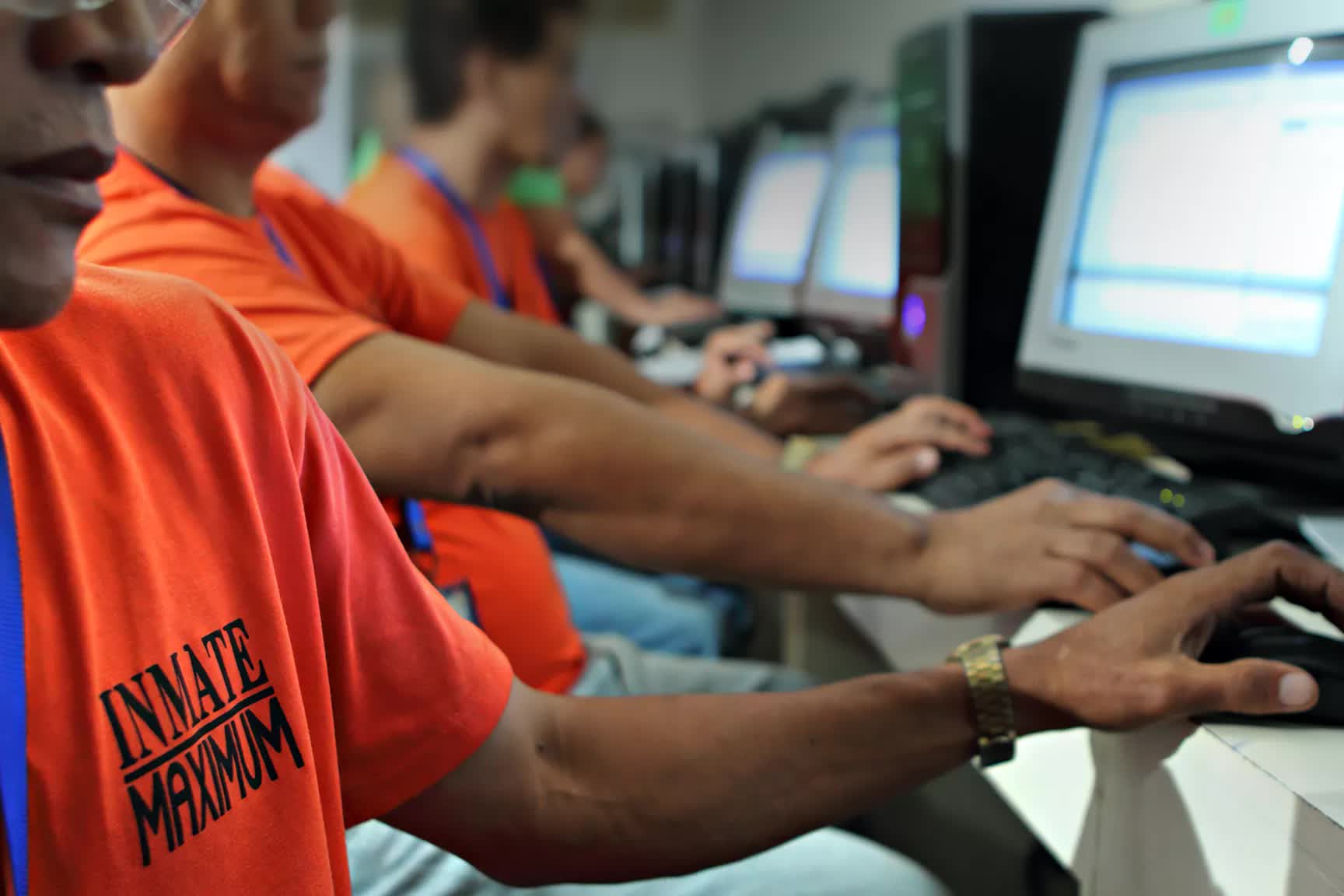Jobs
Prisoners prepare for the world outside using VR to learn auto repair jobs

The big picture: With skilled trades facing labor shortages, vocational training is crucial – not just for aspiring workers, but for society as a whole. Programs like MCIW’s, which use cutting-edge VR in prisons, are equipping incarcerated individuals with paths to promising careers that could break cycles of poverty and recidivism.
Prisoners are using VR to learn new skills and prepare for the world outside. One of the beneficiaries is Tiffany Joseph Busch, who learned how to change a car’s oil without any hands-on experience with actual vehicles, using a Meta Quest virtual reality headset. She was amazed at how straightforward it was, remarking that if she’d known about this before, she wouldn’t have wasted money paying for oil changes.
Busch is an inmate at the Maryland Correctional Institution for Women (MCIW), and is participating in an innovative program that uses VR headsets to teach auto repair skills. The program was developed by the Baltimore non-profit Vehicles for Change to equip soon-to-be-released prisoners with marketable expertise to pursue technician jobs and reduce recidivism rates.
Up to 15 women at a time train in the gym-turned-virtual auto shop at MCIW, preparing for tire and lube services roles and certification exams. Meagan Carpenter, one trainee, values the simulated garage as an escape, reminding her that there’s an outside world.
While modern VR has been around for over a decade, it’s still considered niche and mostly used for gaming. However, the technology is increasingly seen as a game-changer for training prisoners.
MIT in April highlighted how a VR shopping simulation at Fremont Correctional Facility was an inmate’s first exposure to self-checkout kiosks. The inmate was incarcerated in 2001 for a crime committed as a teen.
MCIW and Vehicles for Change recognize VR’s potential to make vocational training more accessible behind bars, as noted in the CNN report. With tens of thousands of auto tech positions unfilled annually and such roles often paying over $15 an hour in Maryland, the program could significantly impact lives.
Founded in 1999 to provide affordable vehicles, Vehicles for Change launched an in-person auto tech program in 2016, having formerly incarcerated trainees repair cars for low-income clients while gaining paid job experience. However, Covid forced a scale-back, leading the organization to explore VR training alternatives.
Organizers partnered with software firm HTX Labs, which created a virtual garage using expertise from prior Air Force VR training projects. Besides MCIW, the non-profit is also piloting the program in Texas and Virginia prisons.
For Maryland corrections leaders, VR offered a streamlined way to expand vocational offerings without major costs or complex logistics. “Bringing in VR, it eliminates all that needed space or funding that we would need to build an entire classroom,” said Danielle Cox, the state’s Director of Correctional Education, who oversees 26 job programs.









